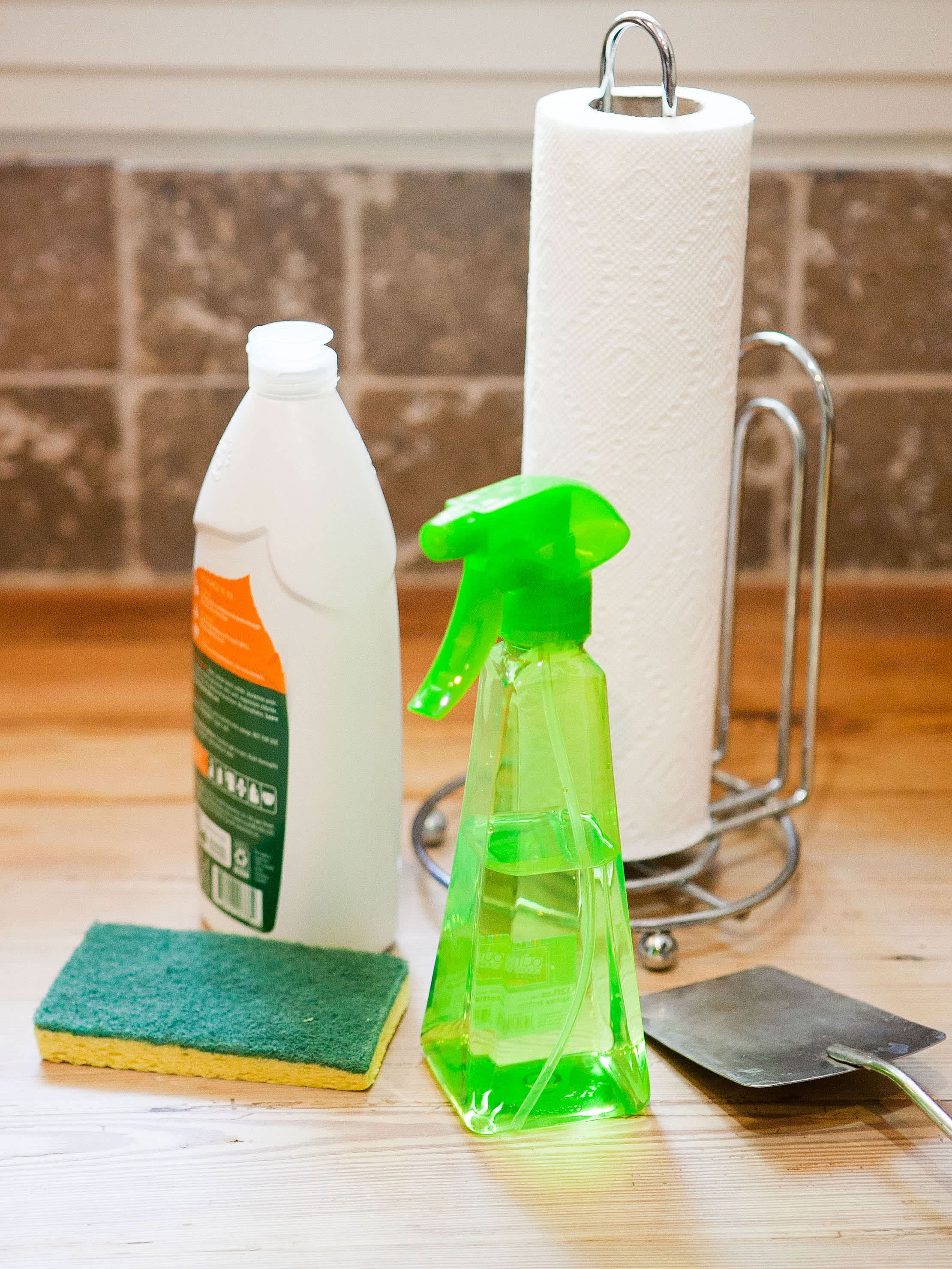Cleaning a butcher block countertop requires a thoughtful approach to preserve its natural beauty and longevity. Butcher block countertops, often made from hardwoods like maple, walnut, or cherry, are favored for their durability and aesthetic appeal. To maintain these surfaces, it’s essential to follow a routine cleaning regimen.
Start by removing any loose debris from the surface. Use a soft-bristle brush or a damp cloth to sweep away crumbs, dust, or any other particles. This initial step prevents scratches during the cleaning process.
For day-to-day cleaning, a mixture of mild dish soap and warm water is effective. Combine a few drops of dish soap with water in a bowl, dip a soft cloth or sponge into the solution, and gently scrub the countertop. Avoid saturating the wood with excess water, as prolonged exposure to moisture can lead to warping or cracking.
To tackle tougher stains or odors, a paste made from baking soda and water can be applied. This acts as a natural abrasive that helps lift stains without damaging the wood. Apply the paste to the stained area, gently scrub, and wipe away with a damp cloth.
It’s crucial to avoid using harsh chemicals or abrasive cleaners on butcher block countertops, as these can strip away the protective finish and damage the wood. Stick to gentle, natural cleaning solutions to ensure the longevity of the surface.
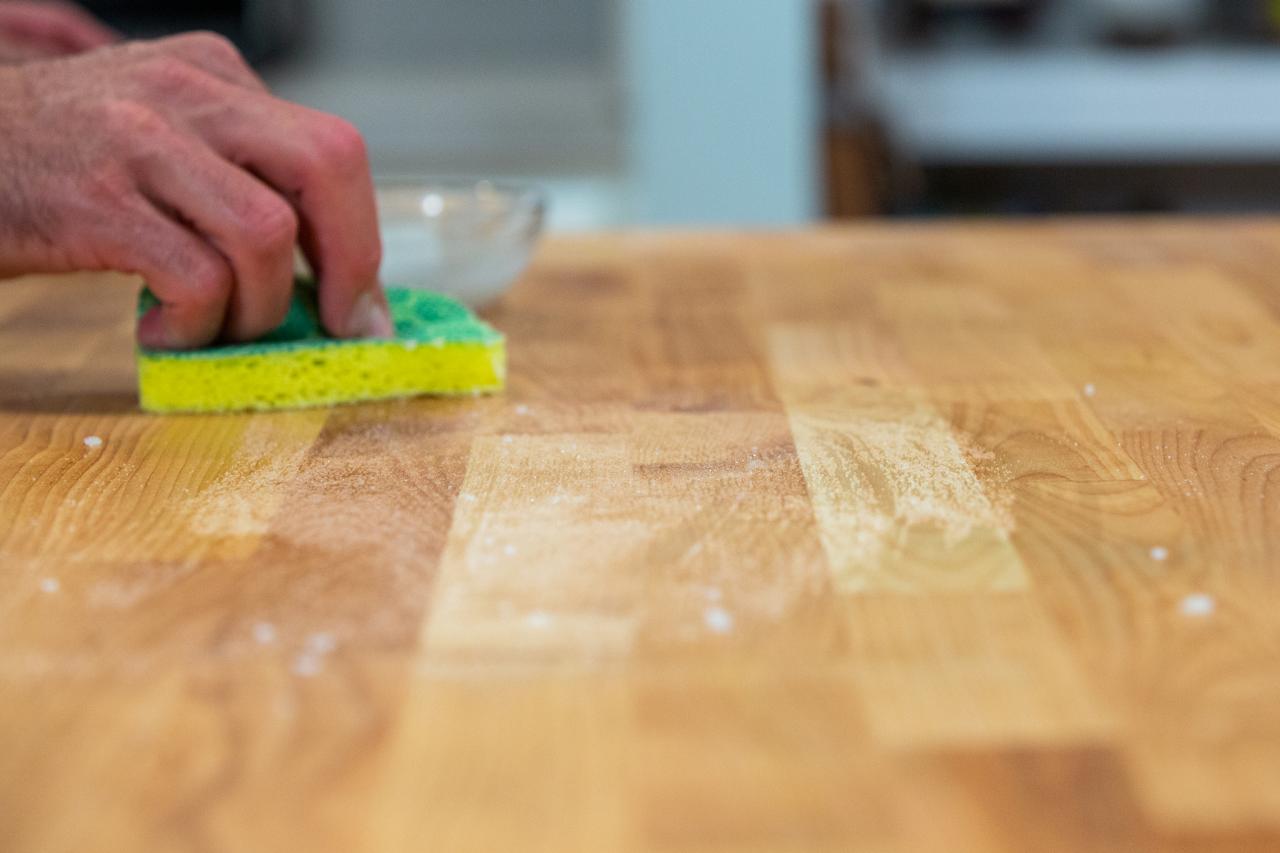
To disinfect the butcher block, especially in the kitchen, a solution of white vinegar and water can be effective. Mix equal parts water and vinegar, apply the solution to the countertop, and let it sit for a few minutes before wiping it clean with a damp cloth. Vinegar’s natural antibacterial properties make it a safe and eco-friendly disinfectant.
To eliminate odors, especially after chopping strong-smelling ingredients, sprinkle baking soda on the countertop. Let it sit for a few hours or overnight, then wipe it away with a damp cloth. Baking soda is excellent for neutralizing odors without harming the wood.
Regular oiling is essential to keep butcher block countertops hydrated and protected. Food-grade mineral oil or beeswax can be applied to the surface every few weeks or as needed. This prevents the wood from drying out, reduces the risk of cracks, and enhances its natural sheen.
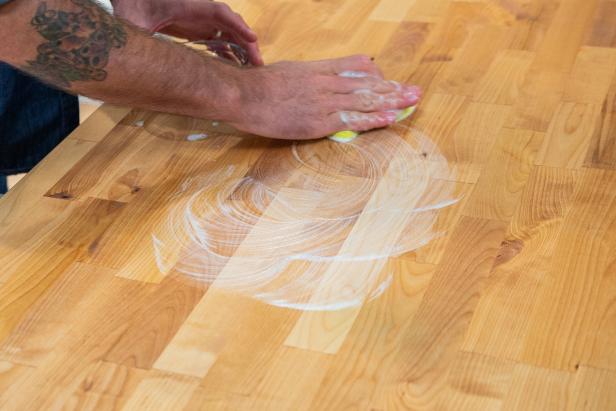
Apply a thin layer of mineral oil or beeswax using a soft cloth or sponge, ensuring even coverage across the entire surface. Allow the oil to penetrate the wood for a few hours or overnight before wiping away any excess. This simple yet crucial step nourishes the wood and maintains its resilience.
When cleaning, pay special attention to the areas around sinks or faucets where water exposure is higher. Promptly wipe away any standing water to prevent it from seeping into the wood and causing damage.
In case of deep stains or scratches, light sanding may be necessary. Use fine-grit sandpaper to sand the affected area, following the wood grain. After sanding, clean the surface thoroughly, and reapply mineral oil or beeswax to restore its protective finish.
Butcher block countertops can be susceptible to heat damage. To prevent this, always use trivets or hot pads when placing hot cookware on the surface. This simple practice safeguards the wood from potential discoloration or burns.
Regularly inspect the butcher block for any signs of wear, such as scratches or dents. Addressing these issues promptly with appropriate cleaning and maintenance measures will extend the life of the countertop.
Cleaning a butcher block countertop involves a combination of gentle cleaning, disinfecting, and regular oiling. By following these steps and avoiding harsh chemicals, you can enjoy a clean, hygienic, and beautiful butcher block surface in your kitchen or any other area of your home.
How to Clean Butcher-Block Countertops
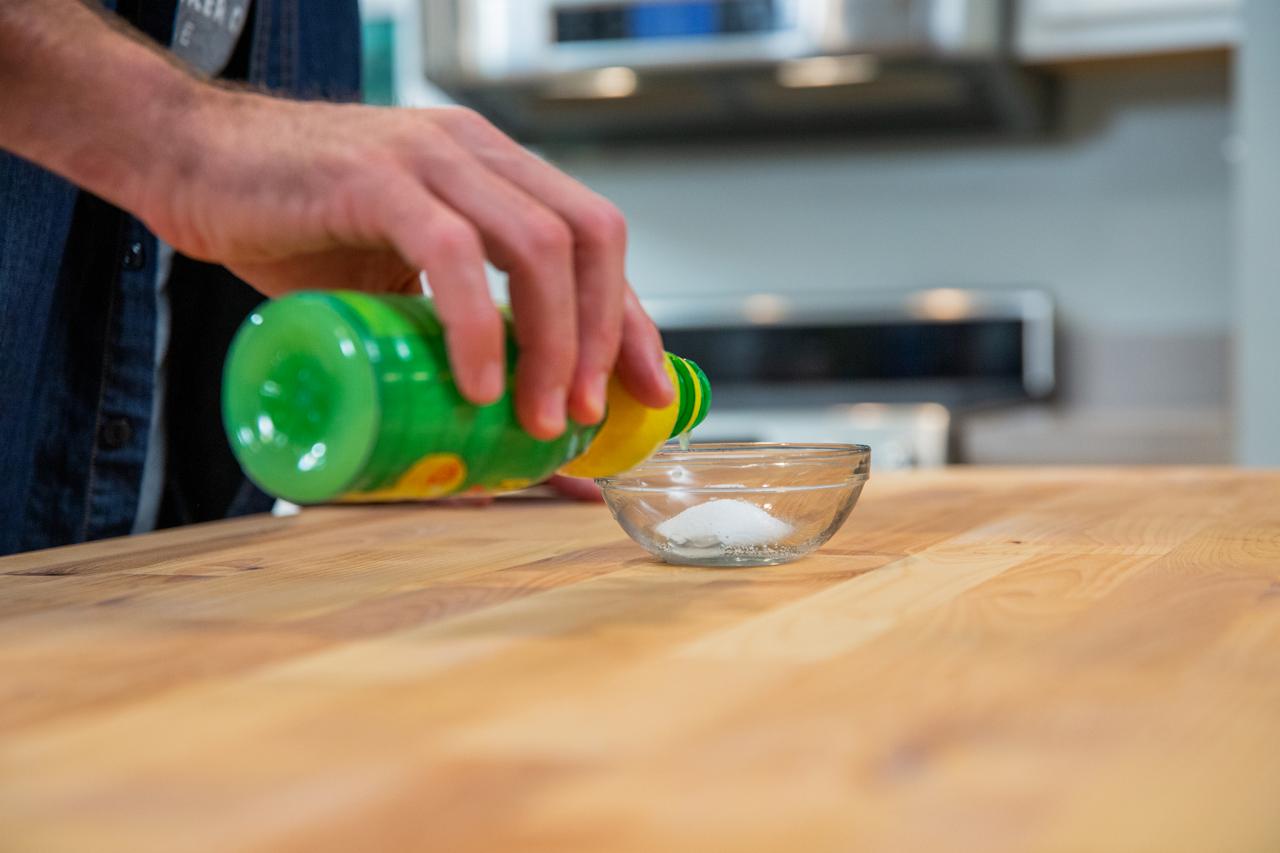
How to Clean Butcher Block (Project Tutorial) – Bob Vila

How to Clean and Care for Butcher Block Countertops GreyDock Blog

How To Clean Butcher Block Countertops Kitchn
The complete guide to maintaining butcher block countertops.
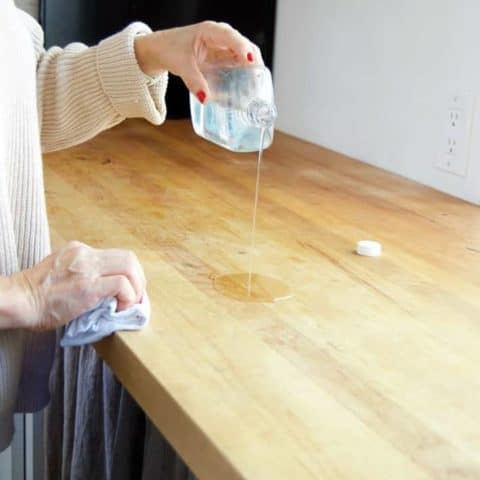
How to Care for Butcher Block Countertops Butcher block

How To Clean Butcher Block Countertops Kitchn

Related articles:
- Butcher Block Countertops With White Cabinets
- Pine Butcher Block Countertops
- Butcher Block Countertops Walnut
- Maple Butcher Block Countertops
- Care Of Butcher Block Countertop
- Butcher Block Countertops Maintenance
- Antique Butcher Block Countertops
- Butcher Block Countertop Sealing
- Wood Butcher Block Countertop
- Thick Butcher Block Countertop
